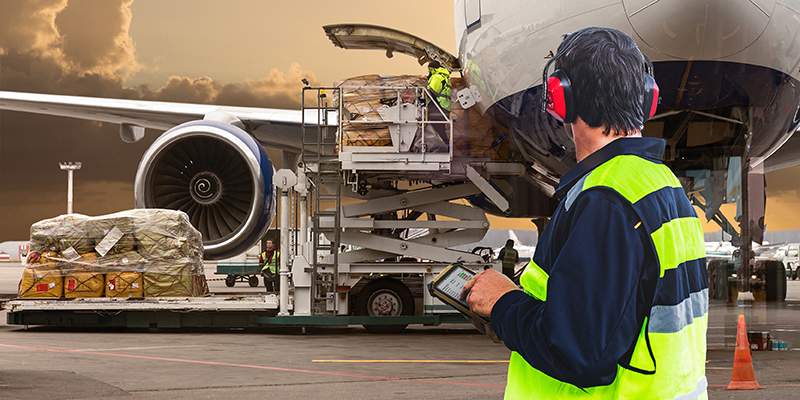
In the fast-paced world of logistics, the integration of advanced technologies has become indispensable for companies aiming to stay competitive and agile. Let’s delve into the significance of rugged tablets and the pivotal role of Artificial Intelligence (AI) in demand planning within the logistics sector.
Rugged Tablets: A Robust Solution for Logistics
Rugged tablets have emerged as a game-changer in the logistics industry, providing a durable and versatile tool for various operational needs. These specialized tablets are designed to withstand harsh environmental conditions, making them ideal for use in logistics, manufacturing, and supply chain management.
Rugged tablets offer a range of features tailored to the logistics environment. Their durability ensures they can withstand rough handling, extreme temperatures, and exposure to dust and water. This robustness makes them essential for field operations, ensuring seamless communication and data access for logistics professionals on the move.
Moreover, rugged tablets enhance operational efficiency with their advanced functionalities. These mobile, flexible computers are equipped with high-performance processors, extended battery life, and sunlight-readable displays, facilitating real-time data capture, processing, and communication. The integration of barcode scanners and RFID technology further streamlines inventory management and order processing, contributing to a more efficient supply chain.
AI-Powered Logistics Demand Forecasting
The logistics industry is undergoing a transformative shift towards digitalization, with a growing emphasis on leveraging AI for demand planning. Traditional forecasting methods, reliant on human expertise and statistical assessments, are giving way to AI algorithms that excel in analyzing vast datasets, identifying patterns, and making accurate predictions.
Benefits of AI in Logistics Demand Forecasting
- Improved Accuracy and Efficiency: AI algorithms analyze large datasets, leading to more precise estimations of future demand. This enhanced accuracy reduces forecasting errors and minimizes the risks associated with unexpected scenarios.
- Real-time Perspective: AI, coupled with Big Data, provides logistics companies with real-time insights into changing market conditions. This agility enables prompt adjustments to demand forecasts, allowing companies to stay ahead of dynamic market trends.
- Cost Reduction and Streamlined Planning: AI-driven demand forecasting enables logistics companies to optimize load distribution, plan for disruptions, manage seasonality, control inventory costs, and enhance inbound logistics planning. The result is a streamlined and cost-effective logistics operation.
The Evolution of Data Analytics in Logistics Demand Forecasting
The shift towards AI and Big Data in logistics demand forecasting is evident in recent research. The paper titled “Advanced Data Analytics in Logistics Demand Forecasting” explores the evolution of data analytics in this domain. The study emphasizes the reliability and agility brought about by Big Data, AI, and Machine Learning, offering a comprehensive view of how these technologies contribute to advanced data analytics in logistics.
RFID Technology Revolutionizing Logistics Workflow
In tandem with AI, Radio Frequency Identification (RFID) technology plays a pivotal role in enhancing the responsiveness of logistics workflows. RFID’s automatic identification method tracks and traces moving objects within the logistics network, providing valuable data for demand and supply chain management.
The comparison between RFID and traditional barcodes highlights the unique strengths of each technology. While barcodes are cost-effective and have a large installed base, RFID offers advantages such as small tag size, longer lifespan, and readability in harsh environments.
The strategic implementation of RFID extends to physical distribution and planning, including inventory control, material handling, and order processing. RFID’s role in managing the movement of material handling equipment, such as fork-trucks, enhances efficiency in picking processes, contributing to an agile and responsive logistics workflow.
The synergy of AI-driven demand forecasting and RFID technology creates an integrated system that fosters lean and agile logistics workflow scenarios. This integration enables logistics companies to adapt to unexpected supply and demand changes, ultimately improving overall performance.
The future of logistics lies in the seamless integration of rugged tablets, AI-driven demand forecasting, and RFID technology. As logistics companies continue their digital transformation journey, these advanced solutions are poised to revolutionize the industry, offering unprecedented accuracy, efficiency, and adaptability in an ever-evolving market.

